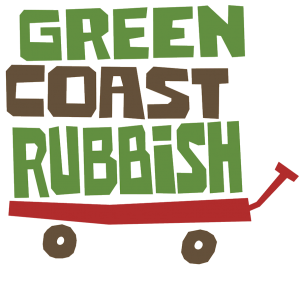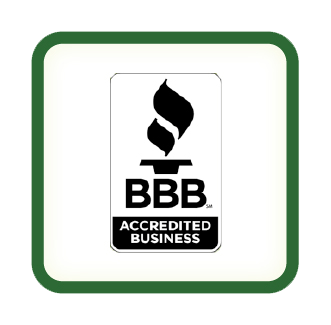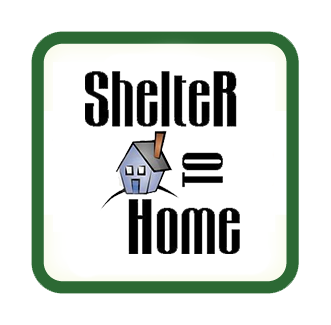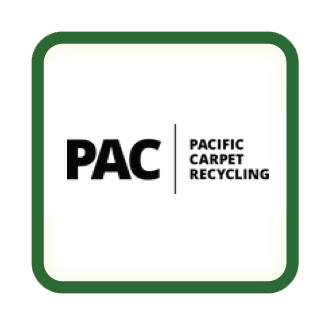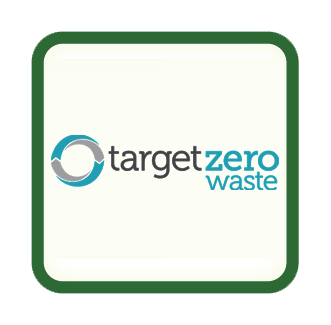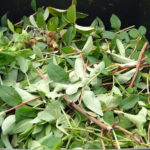Sustainable homes benefit both the environment and your budget. It is only in recent years that sustainable home designs have become available to the public, for a reasonable price.
You do not have to fully renovate your home to improve its sustainability. There are several smaller changes you can make in order to optimize your house to help contribute to a more sustainable future.
The Smaller The Better
It is a simple concept when you think about it, smaller homes are far more sustainable. They take up less space, utilize fewer resources to build and use less energy due to their size.
Tiny homes are becoming increasingly popular in Vancouver for their affordability, sustainable qualities, and mobility. You don’t have to live in a miniature home to be energy efficient. But it is one of the most effective ways of dramatically reducing your global footprint.
Grow A Garden
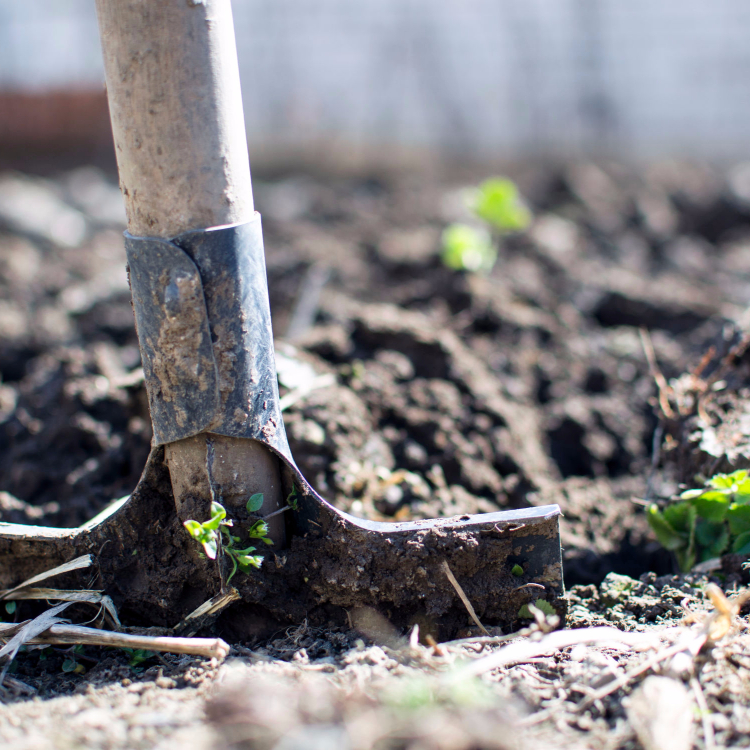 Growing your own food is a great way to save on grocery costs, and it’s a sustainable practice. You don’t have to own a farm to be able to grow food for your kitchen.
Growing your own food is a great way to save on grocery costs, and it’s a sustainable practice. You don’t have to own a farm to be able to grow food for your kitchen.
It can be as simple as owning a few vegetable plants on your balcony, rooftop, or even in your kitchen.
Harvest your own herbs and have them ready for the table in no time with an indoor garden. It may be difficult to be fully self-sustainable through a home garden, however even making minor changes can be effective.
Insulate Your Home Properly
An insulated home retains temperatures far better, you can cut down on your energy costs by updating your insulation. Your windows and walls leak heat when they aren’t properly insulated.
In order to maximize your existing heating and cooling system, you need to be confident that your home retains this air. If you are losing warm or cold air from your HVAC system, you are essentially losing money and wasting energy.
Use Solar Or Alternate Energy
Solar panels are an excellent source of sustainable energy for your home. You can choose to use them as a supplement to your current energy plan or have your home energy source based entirely on solar panels.
You do not need to install solar panels to utilize solar energy. It can be incorporated into your home design as well. Where solar energy panels and heating systems are designed to store and convert energy directly from the sun, passive solar energy collection is the term used to describe the solar energy that is collected in a less direct way.
This form of heat retention is based simply on the design of your home itself. When a house is built with the majority of its windows facing south, it retains far more heat than one without. You can save on your energy bill simply by optimizing the layout of your home.
Reduce Your Water Usage
Be aware of the amount of water you use on a daily basis and try to reduce it. There are many ways to conserve water at home. Invest in low-flush, or dual-flush toilets, and ensure your plumbing fixtures are all reduced flush appliances.
Dual flush toilets can be more expensive than regular toilets, but the water you save over time is far more cost effective and energy efficient overall.
Conserve On A Daily Basis
Likewise, you can implement basic measures, like turning the tap off while brushing your teeth, to conserve water in your home. In Vancouver, we experience high levels of annual precipitation. Some homes install rain catching devices, in order to collect and utilize rainwater.
This is a method of conserving water that has been used for ages historically. It is commonly used today in agriculture. You can learn more about rainwater collection in Canada here.
Build Your Home With The Planet In Mind!
There are countless ways to improve the sustainability of your home. Whether you are building a new home or improving upon an older one, it is always an important factor to keep in mind.
A sustainable home design is becoming much more popular and earth-friendly appliances and solutions are available to the entire market. Sustainable homes save you money while saving the planet at the same time.
Save Money With Government Rebates
Sustainable homes are not only excellent for the environment, they are also cost-efficient. The City of Vancouver and the Canadian Government offer grants and loans for energy-efficiency improvements
Click the link to learn more about how you can save the environment and your money!
